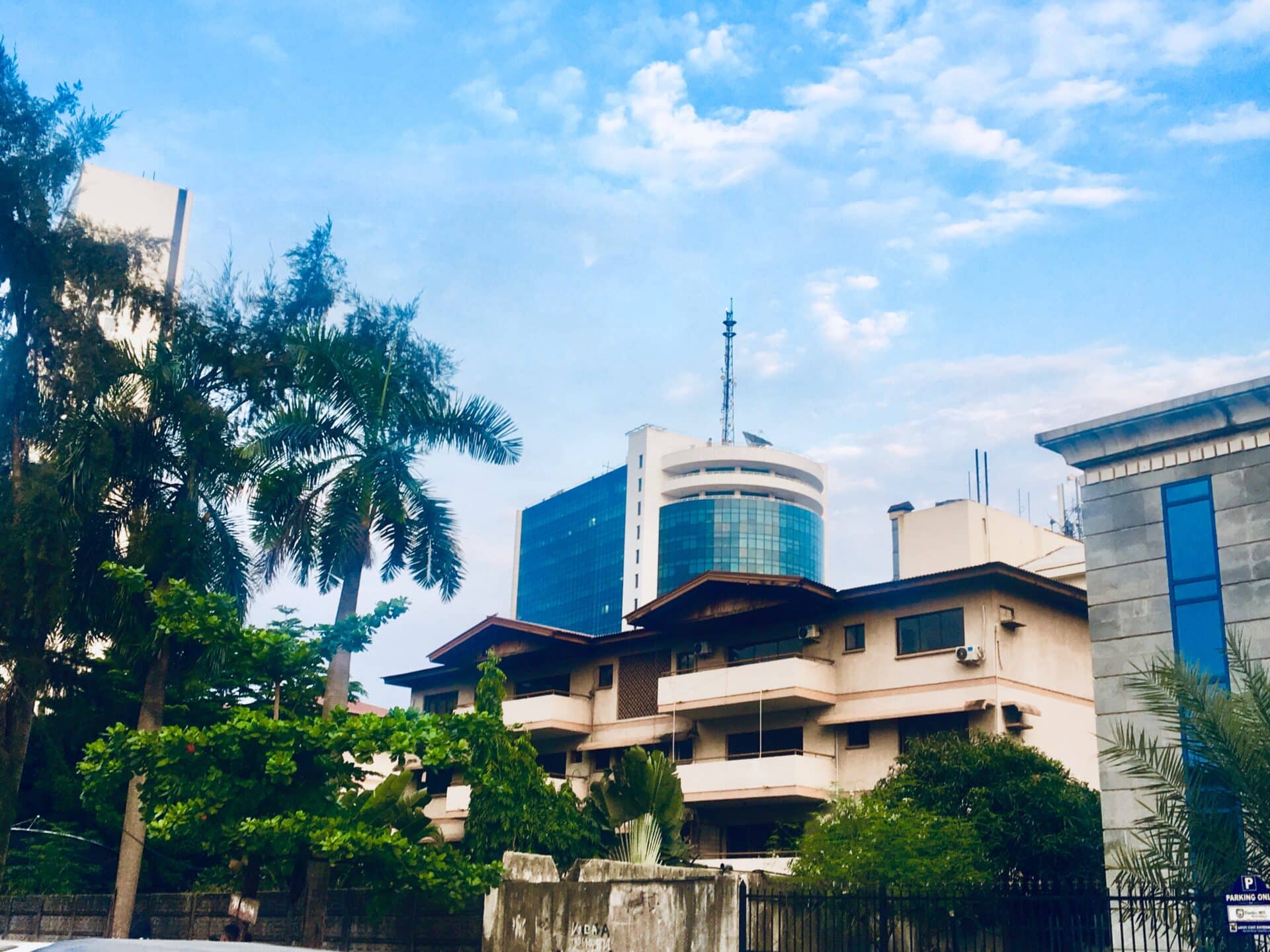The Nigerian regulatory authorities have been cracking down on unlicensed digital lenders. This is part of a broad push to boost digital lending and protect consumer rights.
To do so, the government is making a concerted effort to crack down on predatory lenders, which have been known to employ unethical – if not criminal – actions against borrowers.
Seal of approval.
Boosting access to digital lending has been a priority for the Nigerian government, keen to improve financial inclusion among the 40% of the population currently underserved by financial services.
But investigations into the practices of these digital lenders revealed a whole host of abuses. To bring some measure of control to the market, the FCCPC issued interim guidelines on digital lending in August 2022, setting out the requirements for approval and registration for digital lenders in Nigeria.
And in January this year, the Federal Competition and Consumer Protection Commission authorised the operation of 106 digital lenders in Nigeria that had met the provisions of the interim guidelines.
Of these, 65 received full approval, while 41 were given conditional approval. Among them is FairMoney, one of Nigeria’s leading lenders and a partner of Oradian.
FairMoney takes an innovative approach to loan decisioning using repayment history and smartphone data to offer near-instant loans. Receiving regulatory approval is an enormous vote of confidence in its business model, particularly as similar firms are under significant scrutiny.
Indeed, last August, the government ordered Nigerian fintechs to stop providing payment or transaction services to any digital lender under Federal Competition and Consumer Protection Commission (FCCPC) investigation.
Earlier that same year, the FCCPC actually closed down and froze the bank accounts of six predatory lenders.
Apple and Google also removed those companies’ apps from their digital stores at the FCCPC’s request, with Google taking the additional step of ordering Nigerian (and Kenyan) lending apps to provide their operating licenses in order to remain on the Google Play store.
Data sharing and protection.
The unregulated use of personal data is also a major concern, and to that end Nigeria’s central bank has asked lenders to adopt a common standard to share authorised consumer data with third-party firms, including financial technology and e-commerce companies.
This effort is designed to make it easier and simpler to share consumer information among financial institutions. This will allow lenders to access information enabling them to assess the creditworthiness of potential borrowers, instead of resorting to unreliable or unscrupulous methods.
In doing so, the Nigerian authorities will be able to better regulate a market dominated by unlicensed lenders, and enable Nigerian borrowers to access much needed credit.
New lenders, new dangers.
These new regulations have become important due to the prevalence of unregulated digital lenders.
Some of these lenders employed unethical, unlawful and humiliating debt-collection practices, high interest rates, and short repayment periods that trapped customers in debt. Many used personal data to haras borrowers and their friends and family, shaming them into making repayments.
Many borrowers lack any kind of credit history, so these lenders, which offer a relatively low barrier to entry, are a lifeline for Nigerian loan customers. By using alternative sources of data to assess creditworthiness, lenders have been able offer instant loans, making even the most unscrupulous digital lenders an attractive option.
All’s well that ends well?
In terms of consumer protection, these are major steps in the right direction.
The Nigerian regulatory authorities have shown their willingness to establish and enforce rules, boosting consumer confidence and providing reliable access to safe, regulated credit.
Digital lenders like FairMoney that win the approval of the Nigerian regulatory authorities will also win the trust of borrowers, allowing them to grow and reach more clients. Lenders also now have a set of standards to work towards.
But is it all good news? This is an important step for the digital lending market, but it’s not without its dangers.
Critics will argue these additional regulations hamstring growth and innovation. Lenders, at least in the immediate term, will take fewer risks as loan collections will become more difficult to enforce. This will result in a short-term drop in the profitability of credit products.
Furthermore, regulation introduces barriers to entry to the sector that some new market entrants may find too difficult to hurdle.
This in turn may deprive Nigerian borrowers of access to much-needed credit.
However, the central bank’s new standards for data sharing may in fact make it easier for lenders to access reliable credit data, allowing them to profitably underwrite more loans to individuals with relatively limited credit history.
Digital lending is a major growth industry in Nigeria, and a big part of the government’s efforts to financially include its large, growing population. Digital lenders that stay ahead of regulations as they become more sophisticated will gain a significant advantage in the market, creating trust among consumers and ultimately allowing them to maintain healthy growth.
Meeting regulatory requirements can become easy with the right digital loan management system that allows you to simply and quickly create accurate, timely reports for compliance. To find out how a system like Oradian can help you achieve that, get in touch with us using the form below.




